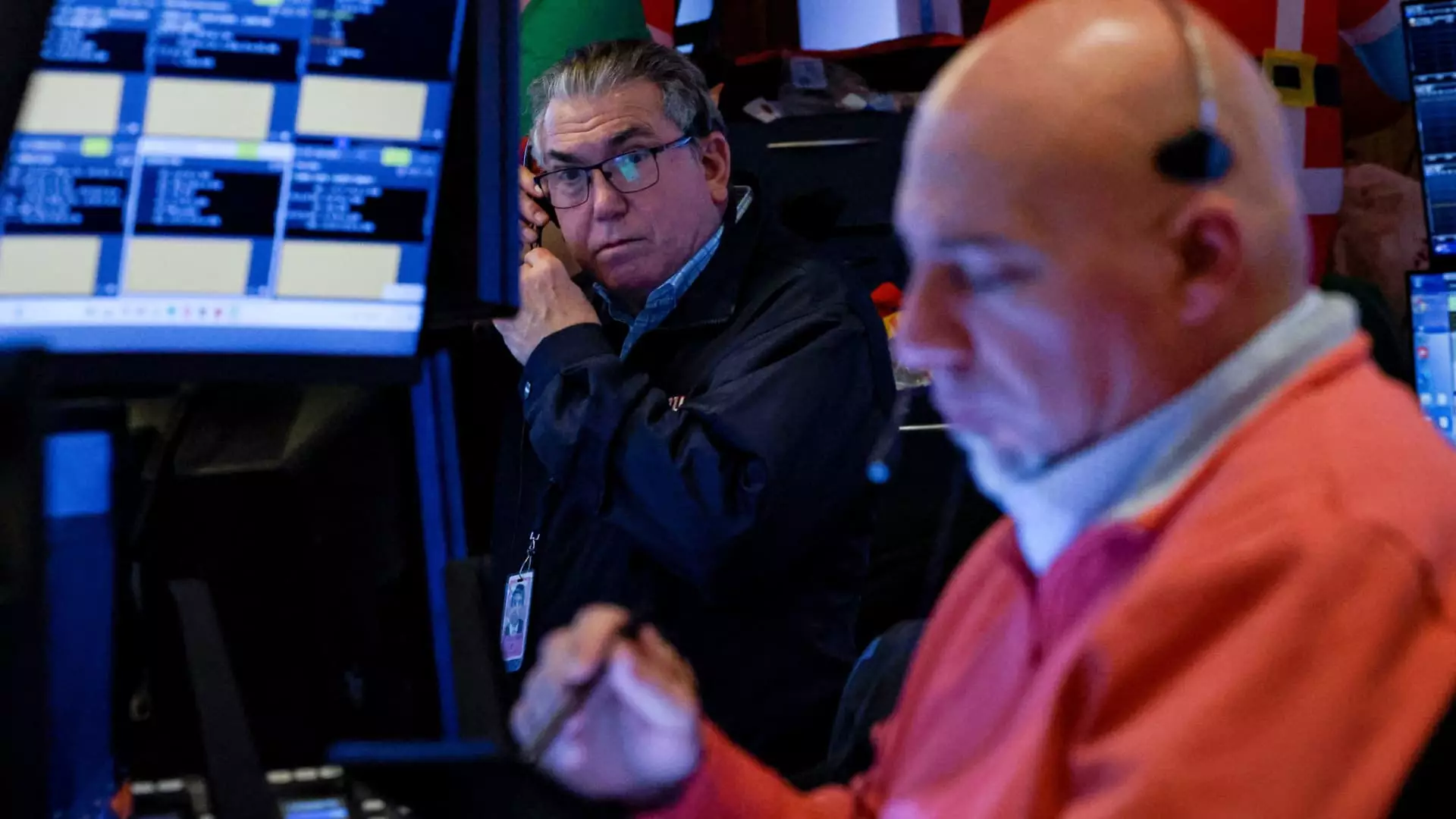European financial markets are poised for a challenging start on Tuesday as investors brace for significant developments regarding monetary policies. An expected downturn is characterized by the projected lower openings of key indices: the U.K.’s FTSE 100 is forecasted to decrease by 18 points to 8,240, Germany’s DAX is anticipated to drop by 22 points to 20,291, France’s CAC is likely to slide down by 12 points to 7,342, and Italy’s FTSE MIB is set to fall by 129 points to 34,618. This inclination towards a negative opening is a clear indication of investor nerves as central banks take center stage this week.
The U.S. Federal Reserve’s final two-day policy meeting begins on Tuesday, setting the spotlight on the central bank’s monetary policy decisions. The market is currently pricing a staggering 95% chance of a quarter-point interest rate cut during the meeting, showing how much traders anticipate changes in monetary policy. Such adjustments from the Federal Reserve are anticipated to create ripples across global financial markets, affecting everything from stock indices to currency valuations. Interestingly, investors are eagerly awaiting insights from Fed Chair Jerome Powell’s subsequent press conference, as they seek clues regarding future policy directions, which could have lasting impacts beyond this meeting.
Following the Federal Reserve’s meeting, the Bank of England is set to convene on Thursday. However, unlike the fervor surrounding the Fed, market expectations suggest only a tiny possibility of a rate cut before the year concludes. This diluted anticipation reflects differing economic climates and the central banks’ varying approaches to tackling inflation and economic growth. Investors will closely analyze any statements or guidance provided by the Bank of England to gauge potential shifts in monetary policy in light of the current economic backdrop.
In addition to monetary policy, political stability in Europe is increasingly under scrutiny. The recent loss of a confidence vote by Chancellor Olaf Scholz in the German parliament serves as a catalyst for potential snap elections set for February 23. This development holds considerable weight, as Scholz’s coalition government faced collapse last month, highlighting the precarious nature of political alliances. Investors are always attuned to such political transformations, particularly in a major economy like Germany, since these changes can significantly influence market stability and investor confidence.
On the eve of these critical events, Asian markets displayed a mixed performance, suggesting a lack of clear direction that may carry over into European markets. Additionally, U.S. stock futures indicated a slight decline as Monday evening progressed. Data releases scheduled for Tuesday are expected to include essential indicators such as U.K. unemployment figures and Germany’s Ifo business climate and economic sentiment index. These metrics may either provide reassurance or contribute further to market volatility, emphasizing the intricate balance that investors must navigate in challenging times.
European markets are gearing up for a crucial week dominated by central bank decisions and political developments that are likely to shape investor sentiment and market dynamics as the year draws to a close.


Leave a Reply